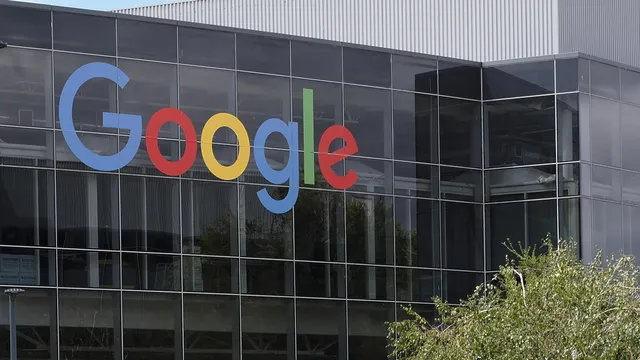A U.S. judge has rejected the government’s request for Google to sell its web browser Chrome as part of a major antitrust case, but imposed significant measures to restore competition in online search, AFP reported.
The ruling came after Judge Amit Mehta found in August 2024 that Google had illegally maintained a monopoly through exclusive distribution agreements worth billions of dollars annually. His decision is one of the most significant against corporate monopolies in the past two decades and could reshape the future of the tech giant.
The government had sought the sale of Chrome, arguing that the browser is a key gateway to the internet and facilitates one-third of all searches on Google. Judge Mehta, however, warned that such a move “would be extremely complex and risky,” and deemed the government’s request excessive.
The case focused on Google’s expensive distribution agreements with Apple, Samsung, and other smartphone manufacturers, which make Google the default search engine on iPhones and other devices. The company pays Apple tens of billions of dollars annually for this preferential access.
Mehta noted that fully banning these agreements would seriously affect other businesses and consumers. Instead, Google must provide “qualified competitors” with search index data and user interaction information to improve their services, as well as offer result syndication for up to five years.
The ruling also takes into account the rise of generative AI chatbots like ChatGPT, imposing restrictions to prevent Google from dominating the AI sector through exclusive deals, as has occurred with traditional search.
A technical committee will oversee the implementation of the measures, which take effect 60 days after the final court ruling. The parties have until September 10 to submit a revised final judgment in line with the decision.
Google also faces another federal court case in Virginia related to its advertising technologies, where they have already been found to constitute an illegal monopoly.
These cases are part of a broader, bipartisan campaign against major tech companies, with five pending antitrust cases currently targeting giants such as Google, Meta, Apple, and Amazon. The cases against Google and Meta began during Donald Trump’s first term, and the Joe Biden administration has continued and expanded the prosecutions. | BGNES

 Breaking news
Breaking news
 Europe
Europe
 Bulgaria
Bulgaria







